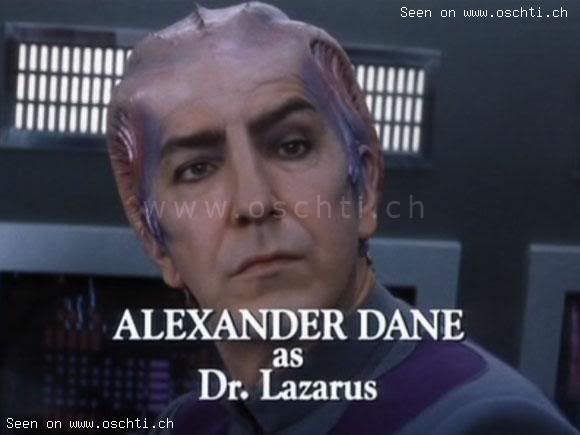@barnee said in Wrecks of WWII Carriers Kaga and Akagi Located:
@CWO-Marc
yea Spruance steaming away at night was a smart move. I wonder if Halsey was in the same situation if he would have. I kinda doubt it
Agreed. Ray Spruance was an excellent combat officer – he and Halsey spent the last few years of WWII alternating command of the 5th Fleet / 3rd Fleet, which was actually the same force whose name got switched every time the two admirals rotated, much to the confusion of Japanese naval intelligence – but he was very different from Bill Halsey in terms of style and personality. Spruance was precise and analytical; he certainly didn’t lack aggressiveness (when he made a decision to attack, he sent in “everything that wasn’t bolted to the flight deck”), but before making his decision to attack he would carefully weigh all the factors of the situation, which sometimes translated into over-cautiousness. Halsey was a hell-for-leather type – sort of the naval counterpart of George Patton – whose fighting spirit greatly inspired his men (the enlisted sailors loved him, not least for the fact that he could drink and swear as well as any of them), but this sometimes translated into recklessness. After the war, someone – I think it was Spruance himself – said that it would have been better if Halsey has been in command at the Battle of the Philippine Sea (where the IJN lost hundred of planes and pilots, but managed to save the bulk of its fleet) and if Spruance had been in command at the Battle of Leyte Gulf (where Halsey fell for a Japanese decoy operation, and compounded his error by leaving no covering force to guard the San Bernardino Straight).







